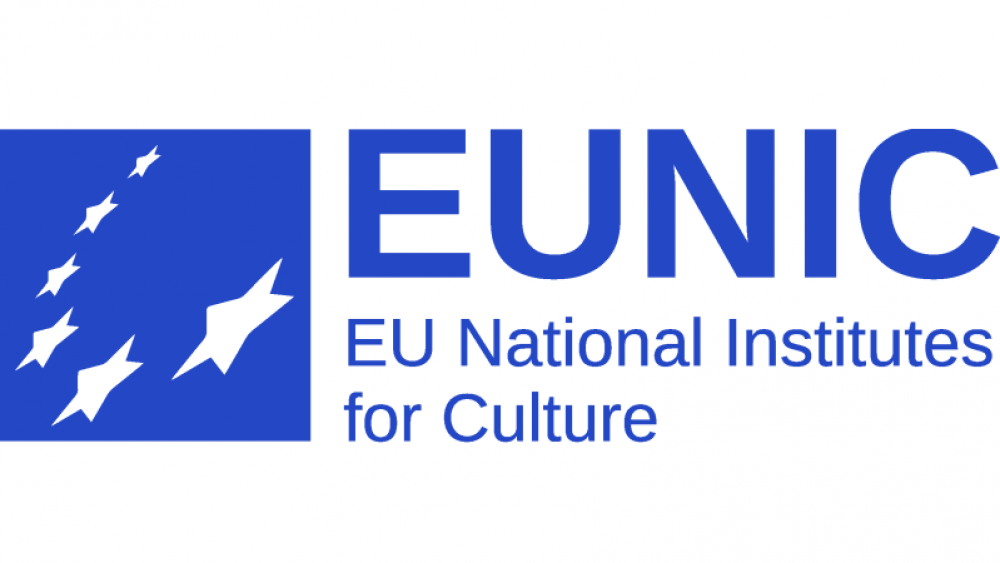A significant European delegation, comprising representatives from over 200 companies, is set to converge in Harare for the inaugural EU-Zimbabwe Business Forum from May 20-22, 2025, with a strong focus on investment opportunities within the energy and mining value chains, among other economic areas.
The landmark event underscores the European Union’s growing interest in Zimbabwe’s potential, particularly in sectors crucial for sustainable economic development.
While the EU is already a key trading partner for Zimbabwe, notably as the top buyer of its horticultural products, this forum signals a strategic push towards deeper investment, especially within the burgeoning energy sector.
Given Zimbabwe’s need for reliable and sustainable energy solutions, European companies with expertise in renewable energy technologies, grid infrastructure development, and energy efficiency are expected to explore potential partnerships and projects. The focus on the energy value chain suggests interest in everything from power generation and transmission to the manufacturing of energy-related components.
The mining sector, another key area of focus for the European delegation, also holds significant energy implications. Investments in mineral extraction and processing often require substantial energy inputs, creating opportunities for collaborations in providing efficient and potentially renewable energy solutions to mining operations.
Furthermore, Zimbabwe’s mineral resources, including those critical for green technologies, could attract European investment aimed at developing sustainable and value-added mining practices.
The EU’s ambition to boost trade and investment with Zimbabwe to US$1 billion, as stated by the EU ambassador, aligns with this targeted focus on the energy and mining sectors. The existing trade volume of US$881 million in 2023, a 30% increase from 2021, indicates a positive trajectory for economic cooperation.
The forum presents a crucial platform for European businesses to explore concrete investment opportunities that can contribute to Zimbabwe’s energy security, drive industrial growth, and foster sustainable development within its vital energy and mining value chains.

